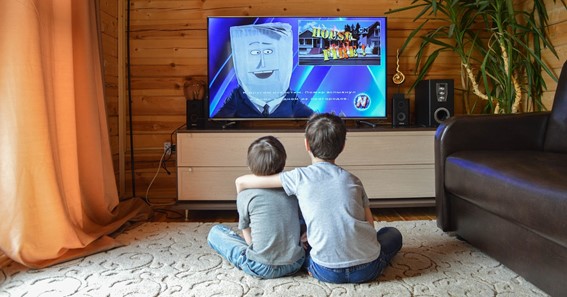Linear TV is dying. Slowly but surely, people are moving away from traditional television and turning to digital alternatives. This shift is being driven by a number of factors, including changing demographics, the rise of streaming services, and cord-cutting. In this blog post, we will take a closer look at the digital revolution that is disrupting linear TV. We will discuss the reasons why it is happening and explore some of the potential implications for the future of television to learn more about best fake id websites.
Linear TV is facing a number of challenges in the current environment.
The first is demographic change. Younger generations are more likely to consume content digitally, and they are less interested in traditional television programming. Streaming services such as Netflix and Hulu are also becoming increasingly popular, and they are siphoning away viewers from linear TV.
Finally, there has been a dramatic increase in cord-cutting in recent years, as more and more people are choosing to ditch their cable or satellite subscriptions in favor of streaming alternatives.
With the growth in on-demand streaming services, traditional television is being challenged by these new entertainment options. With more people ditching their linear TV subscriptions for online viewing options that are tailored to them individually and offer many benefits such as greater flexibility or availability due to shorter lead times between seasons it’s no wonder why industry giants like Netflix have had success with this model and.
It will be interesting to see how traditional television providers adapt to these changes and whether they can find a way to remain relevant in the digital age. The future of Linear TV is uncertain, but it seems likely that it will eventually become obsolete.
All of these factors are contributing to the decline of linear TV. In fact, according to a report from PwC, traditional TV viewership declined by 11% between 2015 and 2016. This trend is likely to continue in the years ahead, as more people move away from traditional television and embrace digital alternatives. Linear TV will eventually be replaced by a new model for delivering content, and it is important to prepare for this transition.
click here – Necessity of Gratitude in Student Life
What does the future hold for linear TV?
It is hard to say for sure, but there are a number of potential implications. For one, the traditional broadcasters may lose market share to the streaming services. This could have a significant impact on the industry, as these broadcasters generate billions of dollars in revenue each year. There is also a danger that linear TV will become irrelevant, as more and more people move away from traditional television and consume content exclusively online.
It is clear that the digital revolution is disrupting linear TV. This shift is happening for a number of reasons, and it is likely to have a significant impact on the future of television. Linear TV is facing a number of challenges in the current environment, and it is important to prepare for this transformation. The future of television is uncertain, but the writing is on the wall: linear TV is in trouble.
click here – Disposing Of A Mattress Properly
To Know Some Great Stuff Do Visit ATSMotorSports
To Know Some Great Stuff Do Visit BeingCost
To Know Some Great Stuff Do Visit BestMoviesIn

